Description
50 Kg 5gm 400×400
100 Kg 10gm 500×500
200 Kg 20gm 500×500
300 Kg 50gm 600×600
500 Kg 50gm 600×600
500 Kg 50gm 750×750
1000 Kg 100gm 750×750
1000 Kg 100gm 900×900
1000 Kg 100gm 1000×1000
1500 Kg 200gm 1000×1000
2000 Kg 200gm 1200×1200
Platform Weighing Scale
Application
Commercial
Market Yards
Warehouses
Logistics. etc.,
Features for Platforms Scales
Heavy structure by in-house fabrication
Advanced micro-controller based design
Easy to read six digit bright LED display
Very low power consumption
Battery level indication
High precision load cell
Digital calibration
Compact design with SS or MS platform
8 hours battery back-up
Power saver mode
Over load indication
Options
Wall mounting display
RED or GREEN display
Counting facility
RS232 Computer interface
Customised platform size
Technical Specifications
Operating voltage 190 -220 AC
Battery 6V – 4.5ah
Frequency 50 Hz
Operating temperature 20 – 50˚C
Operating humidity 95%RH max ( non-condensing)
Power consumption 10 watts (approx.)
Display 7 segment LED
Need to weigh larger goods in an accurate manner? The most customary industry-used scales are digital platform weighing scales. Platform scales are used wherever the industry uses bulk capacity goods for a sturdy construction. Most manufacturing companies use electronic platform weighing scales to check out the weights of large sacks and other objects. Other than this, these scales have consistent usage by veterinarians, farmers, food processors and even in airports.
Building blocks of Digital Platform Weighing scale
Flat Platform
A sizeable platform with distinguished varieties in sizes, load capacities and designs used to transmit the weight of the loaded goods or objects to internal measuring devices fitted in the equipment
Load cell & Transducer
Signal Conditioner
Signal Conditioner amplifies and filters both input and output signals. The output signals are diminutive and measured in millivolts for digital display.
Microcontroller
Digital display
Considerations for Digital Platform Weighing Scale
Capacity
Accuracy
Durability
Size of Platform
Adaptability
Linearity
Readability
Usability and portability
Affordability
Weight drift
Benefits of Digital platform weighing scales in industries
Let’s explore the fringe benefits of platform scales usage in manufacturing units
Range of activities
Improvement in productivity
Comply with regulations
Simple to record data
Materials for construction of Digital Platform weighing scales
The platform scales are built with tough and rigid materials of stainless steel, carbon steel and aluminum which can hold heavy loads and materials. The manufacturers should choose corrosion-resistant materials for better durability of platform scales. Rugged platforms are also preferable for preventing slipping of loads when positioned.

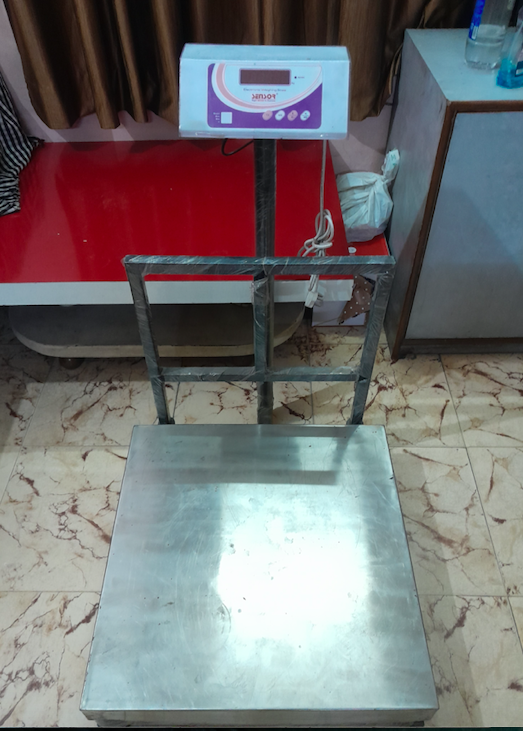

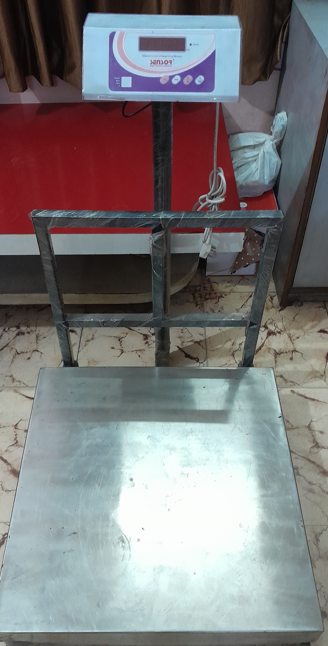
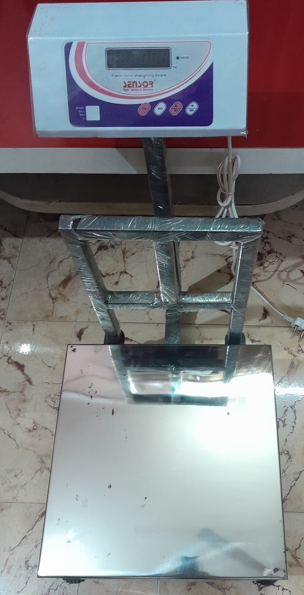
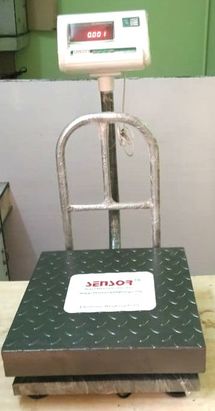
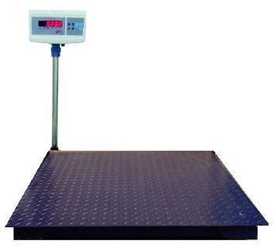
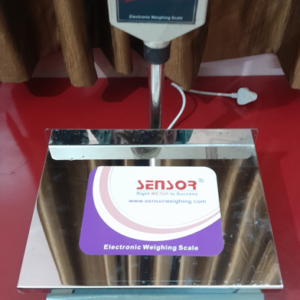
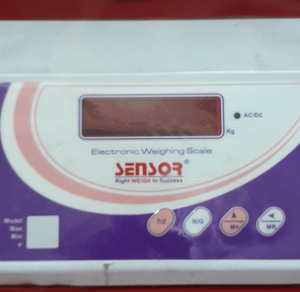
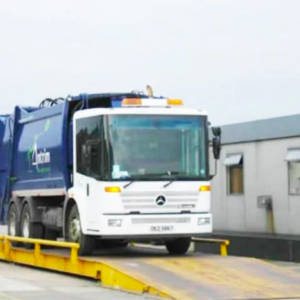

Reviews
There are no reviews yet.